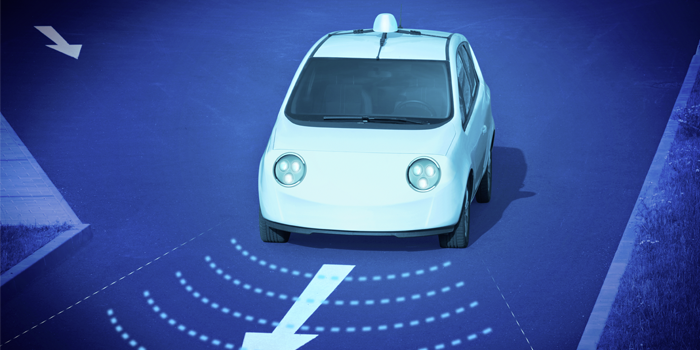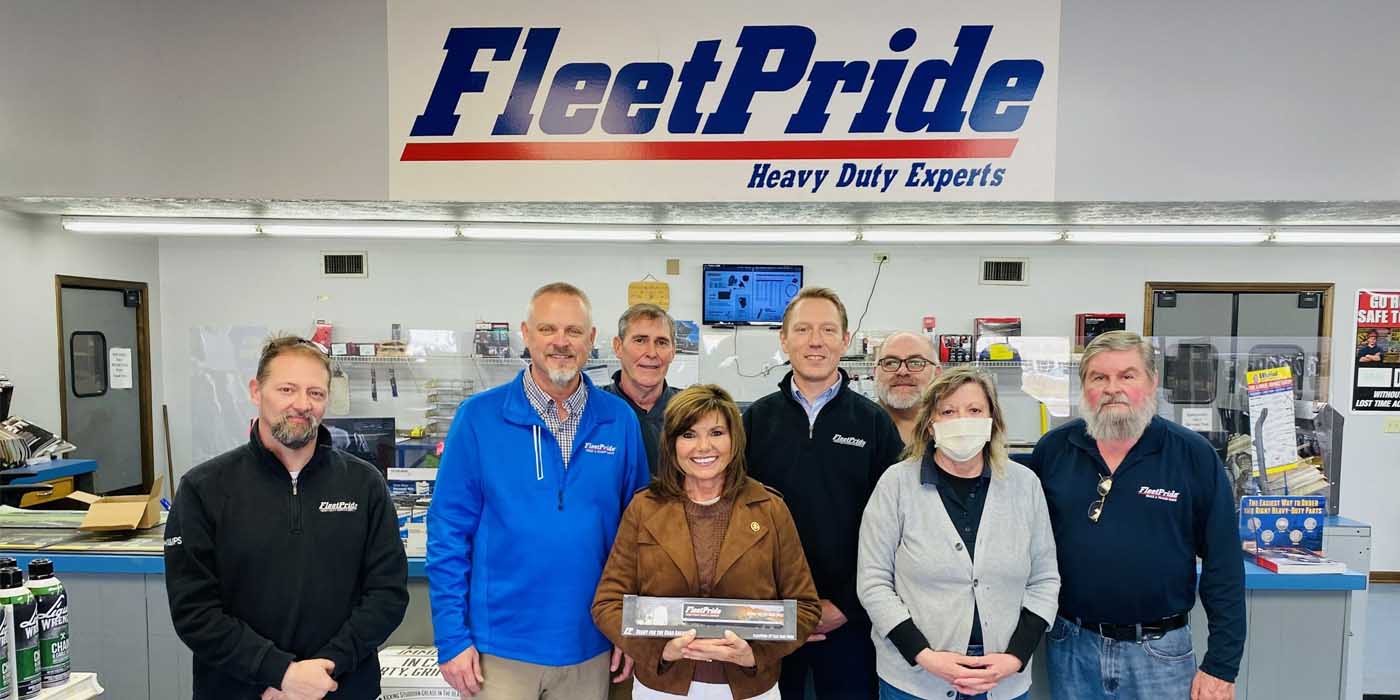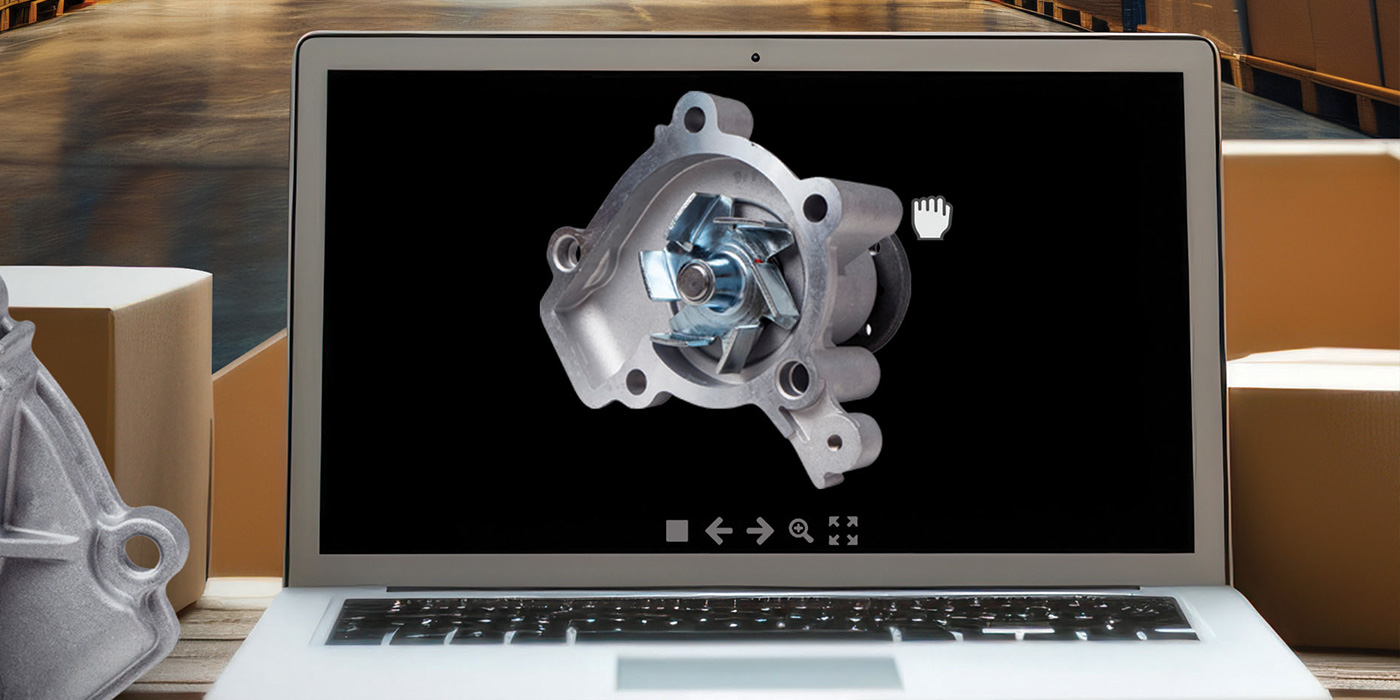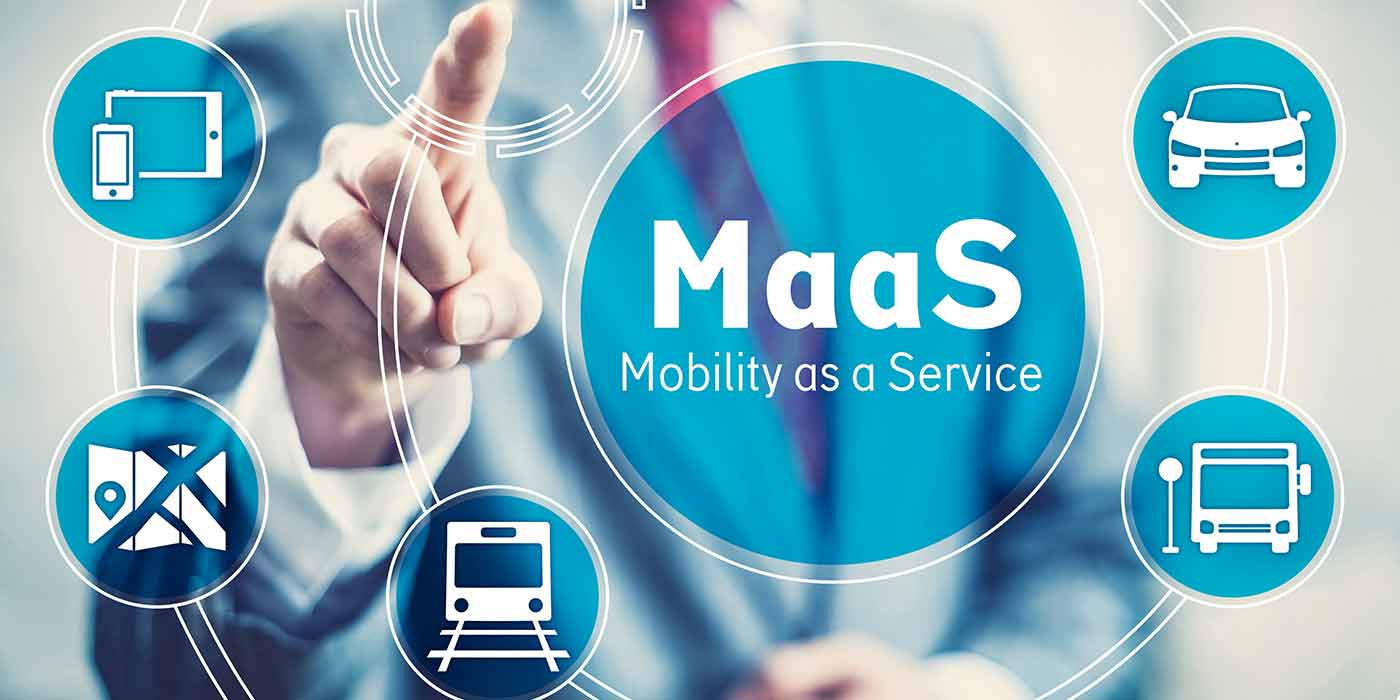The U.S. Department of Transportation (DOT) is issuing a federal policy for automated vehicles, laying a path for the safe testing and deployment of new auto technologies that have enormous potential for improving safety and mobility for Americans on the road.
“Automated vehicles have the potential to save thousands of lives, driving the single biggest leap in road safety that our country has ever taken,” said U.S. Transportation Secretary Anthony Foxx. “This policy is an unprecedented step by the federal government to harness the benefits of transformative technology by providing a framework for how to do it safely.”
The DOT says the policy sets a proactive approach to providing safety assurance and facilitating innovation through four key parts. Vehicle performance guidance uses a 15-point safety assessment to set clear expectations for manufacturers developing and deploying automated vehicle technologies.
Model state policy delineates the Federal and State roles for the regulation of highly automated vehicle technologies as part of an effort to build a consistent national framework of laws to govern self-driving vehicles. Finally, the policy outlines options for the further use of current federal authorities to expedite the safe introduction of highly automated vehicles into the marketplace, as well as discusses new tools and authorities the federal government may need as the technology evolves and is deployed more widely.
“Ninety-four percent of crashes on U.S. roadways are caused by a human choice or error,” said NHTSA Administrator Dr. Mark Rosekind. “We are moving forward on the safe deployment of automated technologies because of the enormous promise they hold to address the overwhelming majority of crashes and save lives.”
The Federal Automated Vehicle Policy released yesterday is a product of significant public input and stakeholder discussions, including two open public meetings this year and an open public docket for comments. The department also is soliciting additional public comments for the next 60 days on the policy, which is published at transportation.gov/AV.
Through a series of next steps and in response to public comments, DOT says it intends to update the policy annually.
“Public input has been essential to getting this right. There has been a strong call from state and local governments, industry, safety experts, mobility advocates and average Americans to establish a clear policy for the deployment of automated vehicles on our roads,” said Secretary Foxx. “There are huge upsides and significant challenges that come with automated vehicle technology, and we will continue the conversation with the pubic over the coming months and years as this technology develops.”
Moving beyond the traditional U.S. auto regulation approach of reactive, post-sale enforcement of safety standards, the policy is a proactive measure. A March 2016 study by DOT’s Volpe notes that current Federal Motor Vehicle Safety Standards do not directly address automated vehicle technologies. Those standards can take many years to develop and are traditionally only put into force after new technologies have made significant market penetration. Instead, the automated vehicle policy envisions greater transparency as DOT works with manufacturers to ensure that safety is appropriately addressed on the front-end of development.
“New technologies developed in the 20th century, like seat belts and air bags, were once controversial but have now saved hundreds of thousands of American lives,” Secretary Foxx said. “This is the first in a series of proactive approaches, including the release of a rule on Vehicle to Vehicle communications, which will bring life-saving technologies to the roads safely and quickly while leaving innovators to dream up new safety solutions.”
More details about the policy may be found at transportation.gov/AV.













